Are you a college student worried about how your sleep-cycle affects your studies? Have a look at the effects of not getting enough sleep and what you can do to get good quality sleep.
Life in college, although rewarding, can sometimes be a little bit hectic. College life prepares students with the skills and knowledge they need to chart their path in life. Although this is good, college students are often forced to deal with a demanding curriculum, which adds to the students' need to socialize, wearing most students.
A 1996 research paper from the National Sleep Foundation showed that college and university-aged students got fewer than six hours of sleep every night, which was more than three decades ago before life was as demanding as today. It has become more common these days for students often find themselves sleeping late at night and waking up early in the morning for another day full of busy programs.
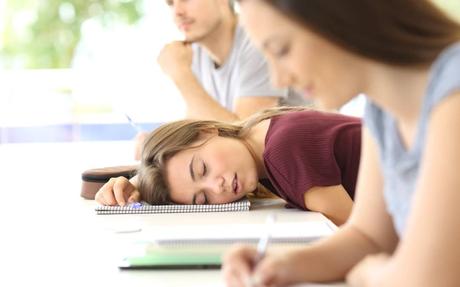
Sleep deprivation comes about when you have a constant lack of sleep or reduced quality sleep. According to the CDC, getting less than seven hours of quality sleep every night can be quite dangerous to both your physical and mental health.
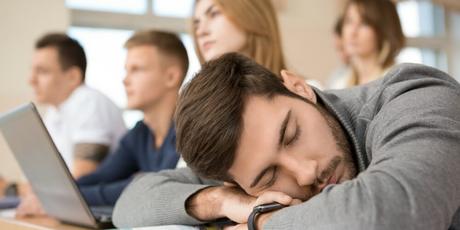
Sleeping reduces metabolic activities in your body, giving it time to eliminate toxic waste, readjust the secretion of hormones and generally bring your body's functions back to optimum conditions. Lack of enough quality sleep interferes with this process, causing a lack of balance in your body's internal systems.
- Meeting academic deadlines
- Socializing
- Alcohol consumption
- Inadequate night routines
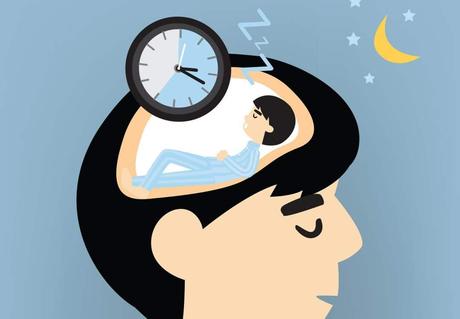
Sleeping increases your brain's ability to adapt to input. Sleeping at night allows the brain's neurons to readjust and remap themselves, making it easier for you to learn and remember. Therefore, if you don't have enough sleep at night, you reduce your ability to process anything you study and learn during the day and reduce your chances of recalling it in the future. Lack of enough sleep may affect your creativity, memory, decision making, focus, etc.
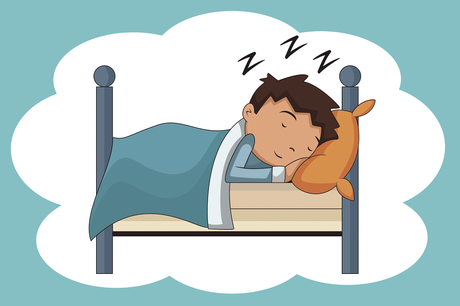
When we sleep, we conserve energy because our bodies work at a lower metabolism. Research carried out by the CDC states that when you get eight hours of sleep at night, you save up to 35% of energy. This energy is conserved and used during the day when it's needed.
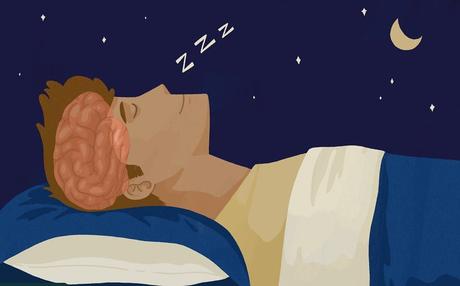
Sleep helps regulate emotions. If you've ever woke in the morning after a night of inadequate sleep, then you know one thing for sure. You were probably irritable and fussy. Getting enough sleep at night lets you wake up in the morning, feeling comfortable and relaxed. For instance, the CDC's research has shown increased activity in the amygdala, a part of the brain responsible for controlling the fear response.
It also slows down the connection between the amygdala and the prefrontal cortex, responsible for regulating emotions. The hampered connection makes your emotions flare up, causing you to become angrier, edgier, and more anxious.

According to the National Institutes of Health, a healthy and robust immune system depends on getting enough quality sleep. When you are asleep, your body makes Cytokines, immune cells, and antibodies that help fight disease and inflammation. They fight sickness by destroying harmful germs, which is why you tend to sleep more when you're stressed or sick because it's at this time that your body needs these antibodies and immune cells more.
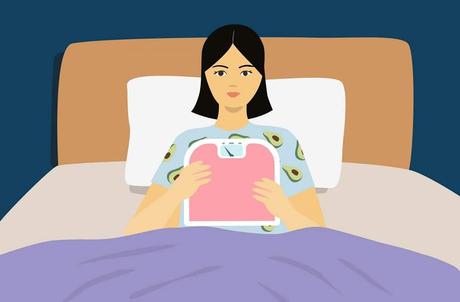
Lack of sleep disrupts the release of ghrelin and leptin, hormones that control how hungry you feel. When you sleep, the hormone ghrelin, which makes you feel hungrier, is suppressed because you're using less energy at that particular time. Lack of enough sleep causes the hormone to be released in more significant amounts making you feel hungrier and causing you to consume more food, leading to considerable weight gain over time.
What You Can Do to Ensure You Get Seven Hours of Quality Sleep Every Day
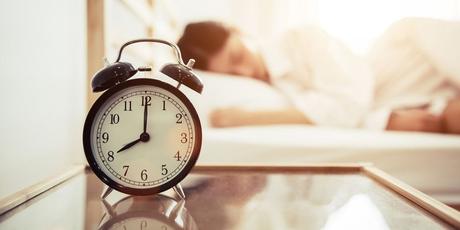
Lack of proper sleep, as we've seen, can be detrimental to your health; however, there are a couple of simple steps that you can make to ensure that you have a good night's sleep. Let's have a look at some of the changes suggested by the NIH that you can make to achieve this.
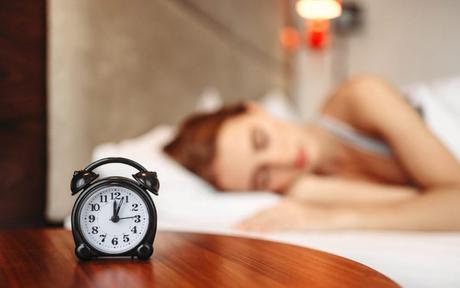
Set, at least, a seven-hour sleep schedule that reminds you to go to sleep and wake up at the same time to helps your body adjust to a regular sleep pattern. Doing this ensures that you get enough sleep every day so that you're well-rested to tackle the following day's activities.
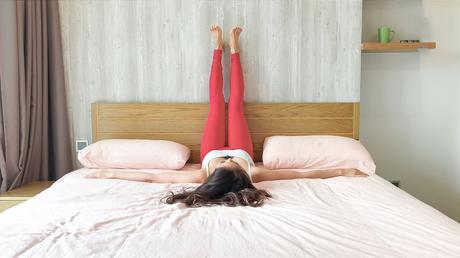
Exercising helps you relieve any excess energy or tension in your system, which helps your body relax and puts you in the mood for sleep. Try and exercise more than a few hours before you sleep so you won't have to sleep with sore muscles.

Stimulants keep you alert, significantly reducing the probability of you getting quality seven hours of sleep. Avoiding stimulants and increasing your water intake will help you get adequate sleep and help your body eliminate any toxic waste.
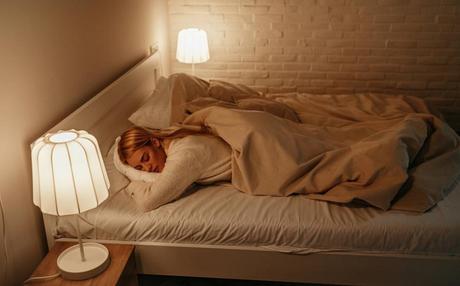
You should avoid going to bed with electronics such as phones and laptops, sleeping in places with loud music or any other noise. Make your sleeping area more accommodating by removing bright lighting structures and replacing them with dim lights that will allow you to sleep faster.
Conclusion
Ensuring that you have enough sleep as a student is paramount for your emotional and physical health, which should be the most crucial aspect that you should focus on. Getting enough sleep will also significantly improve your academic success, help you relate better with your friends and family, among other benefits.
However, suppose the suggestions listed above do not work. In that case, you might have a medical condition like sleep apnea or insomnia, and you should seek the help of a professional who will assess your situation and come up with the best treatment.
- Want to know more about why sleep is important? Check out the reasons we gathered for you here.

